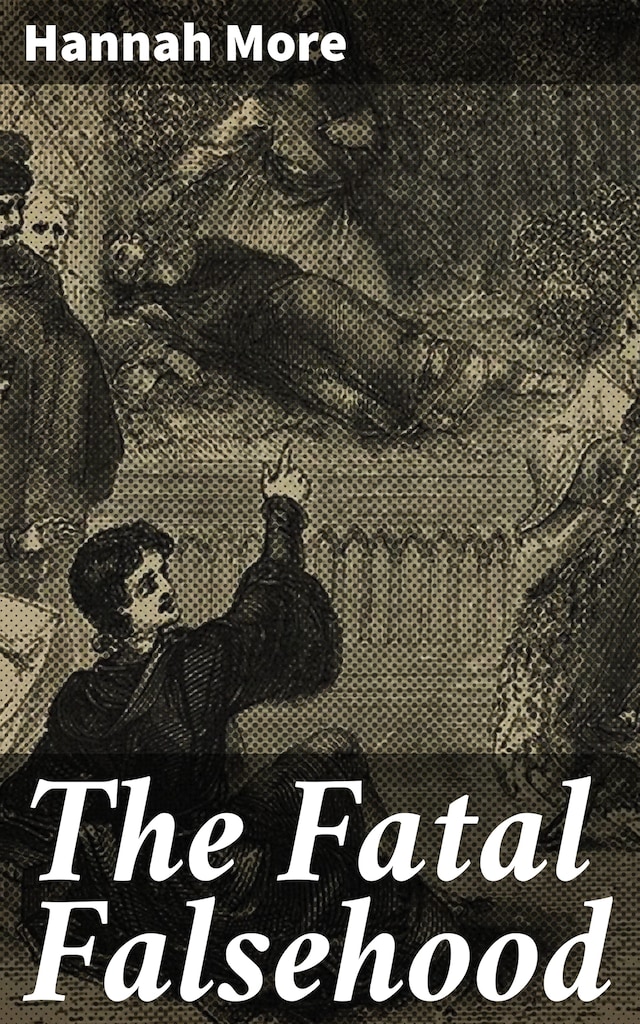
The Fatal Falsehood
A Tragedy. In Five Acts
Description of book
In "The Fatal Falsehood," Hannah More masterfully intertwines elements of gothic fiction and moral didacticism, creating a compelling narrative rife with intrigue and ethical dilemmas. This melodramatic tale centers around the themes of deception and the consequences of falsehoods, encapsulating an era where the pursuit of virtue was often complicated by societal expectations and personal ambition. More's vivid prose engages readers while she critiques the moral decay of her time, highlighting the pernicious effects of lies not only on individuals but also on the broader social fabric, leading to tragic consequences. Hannah More, a prominent bluestocking and social reformer of the late 18th and early 19th centuries, used her writing as a platform to address the issues of her day, including education, women'Äôs rights, and the abolition of slavery. Her extensive involvement in the cultural and philanthropic movements around her demonstrates her deep understanding of the moral implications of deception, which serves as a backdrop in this fictional narrative. More'Äôs own experiences and observations fueled her desire to illuminate the dangers of falsehoods and the need for personal integrity within society. Readers who appreciate rich, character-driven narratives that explore profound moral questions are sure to find "The Fatal Falsehood" enlightening and thought-provoking. More'Äôs blend of engaging storytelling with sharp social commentary invites readers to reflect on their own values and the impact of their truthfulness, making this work not just a novel, but a mirror into the soul of human society.
 Hannah More
Hannah More 55 Pages
55 Pages